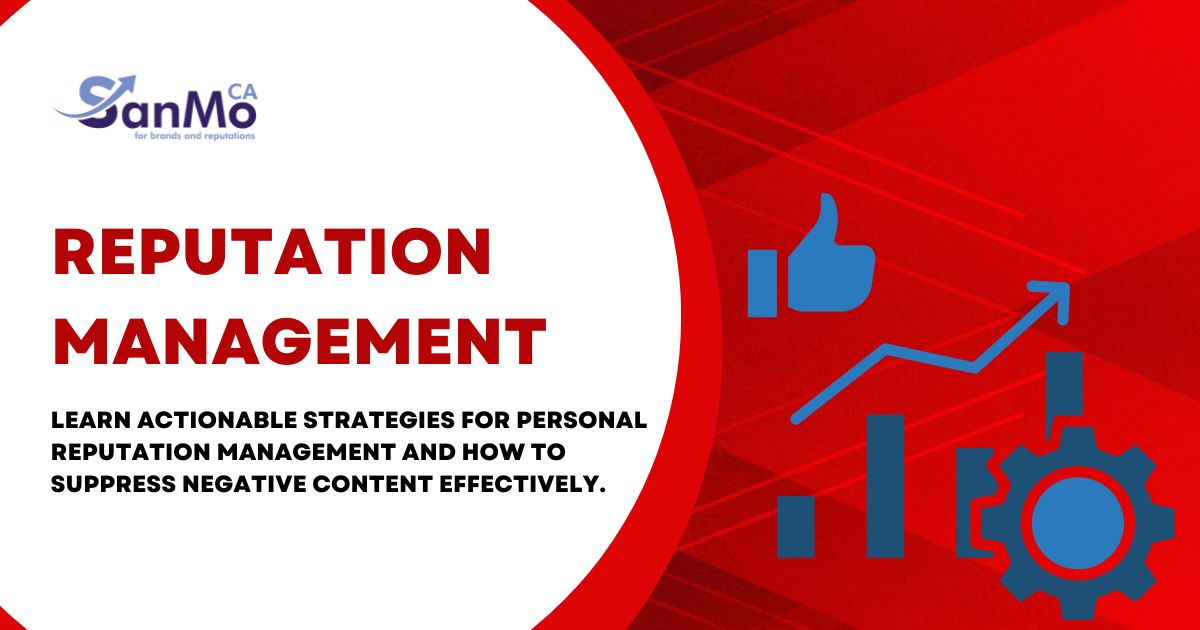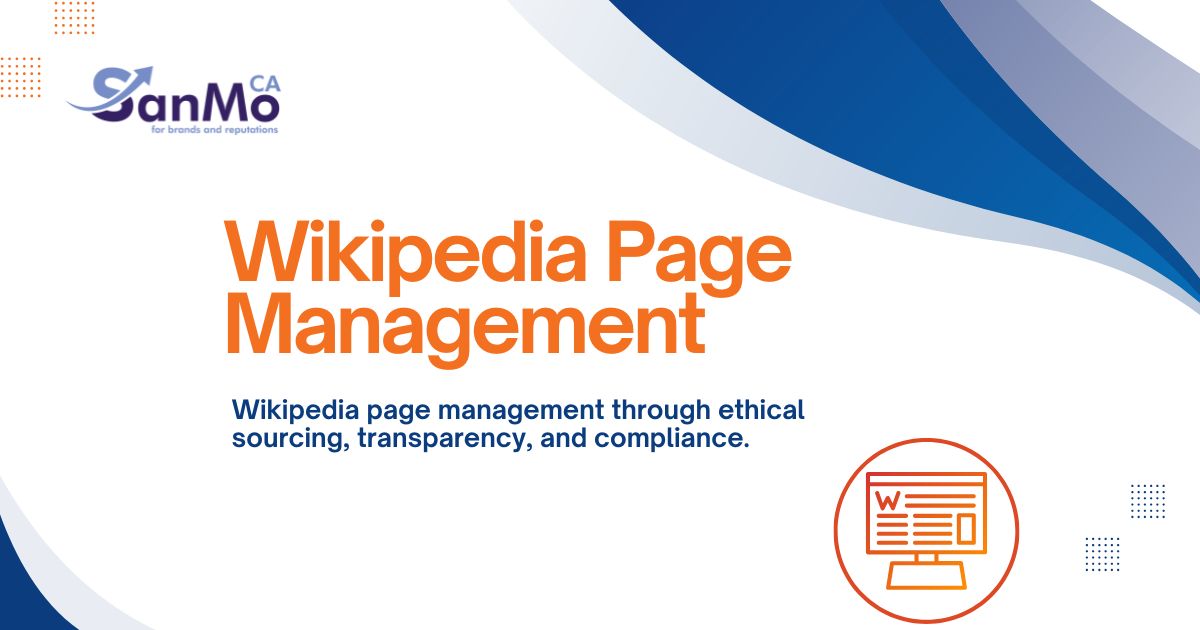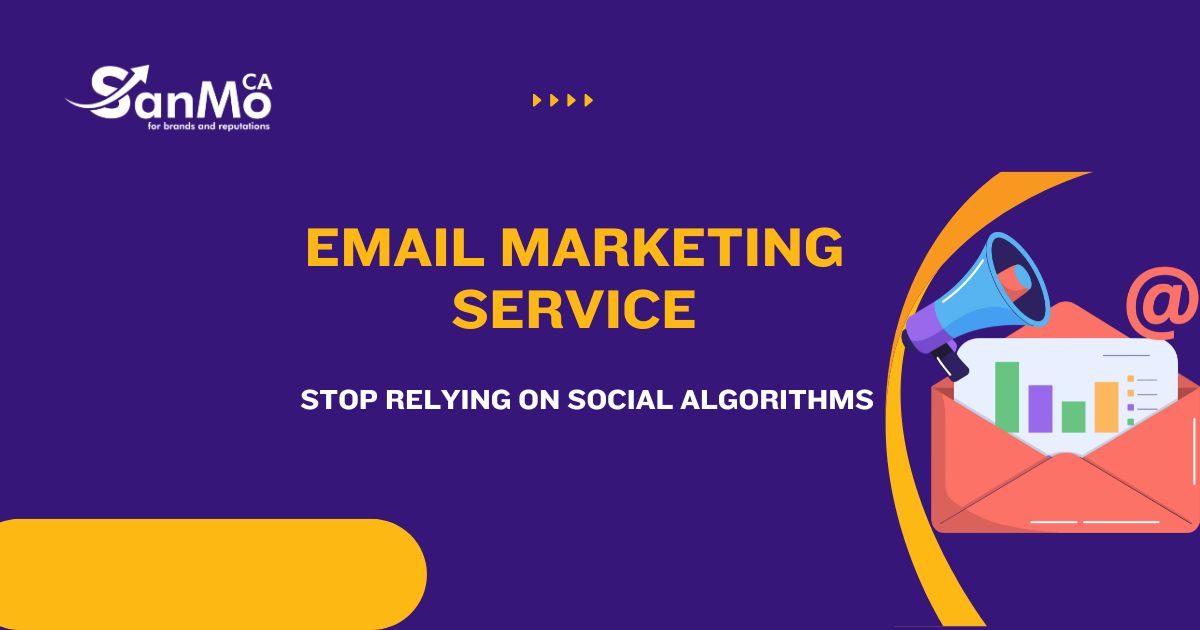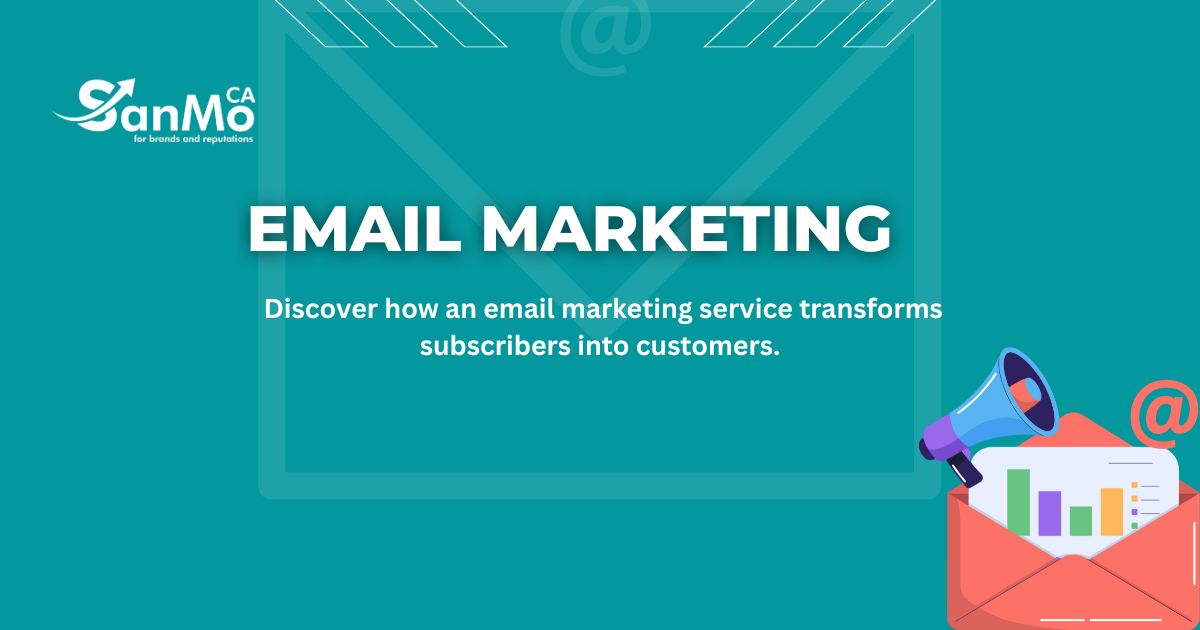A business’s reputation can be established or destroyed overnight in this digital era. With the increasing use of social media and online reviews, consumers now have a greater influence on public perception than ever before. This implies that in order to remain competitive, businesses must take a proactive approach to safeguarding their reputation. The good news is that effective reputation management can convert challenges into opportunities and establish long-term trust with customers. In this blog, we will investigate the most effective methods for protecting and Enhancing the reputation of your business.
Why reputation management matters?
One of the most valuable assets of your business is its reputation. It has a direct impact on brand loyalty, purchase decisions, and consumer trust. In reality, recent research indicates that the majority of consumers significantly rely on online reviews and feedback when making purchasing decisions. A single detrimental piece of content or a negative review can rapidly destroy trust, causing customers to migrate to competitors. On the contrary, a well-managed reputation can serve to augment credibility, attract new clients, and augment revenue.
1. Monitor your online presence:
In the current fast-paced world, the online gossip regarding your business can spread rapidly. The initial step in safeguarding your brand’s reputation is to be aware of the gossip surrounding it. Utilize review tracking services, social media listening platforms, and Google Alerts to monitor brand mentions, regardless of whether they are favorable or unfavorable. Staying informed enables you to promptly resolve concerns, respond to feedback, and rectify misinformation prior to its complication.
2. Proactively interact with your audience
Manage your reputation effectively by engaging with your customers. This necessitate the proactive response to consumer reviews, comments, and inquiries on platforms such as Google, Yelp, and social media. Express gratitude to consumers for their assistance and acknowledge their positive feedback. Respond to negative feedback in a professional manner and provide solutions. This demonstrates your dedication to customer satisfaction and has the potential to transform a negative situation into a positive one. Interacting with your audience fosters trust, increases loyalty, and illustrates that you appreciate their perspectives.
3. Stimulate positive feedback
A strong reputation is not solely concerned with damage control; it is also about enhancing the positive image. Encouraging customers who are satisfied to submit favorable evaluations does not only enhances the credibility of your brand but also serves to mitigate any adverse reviews that may be forthcoming. Consider implementing a strategy that involves soliciting evaluations following a successful transaction, providing incentives for feedback, or conducting social media campaigns to emphasize customer review.
4. Respond to criticism in a professional manner
The manner in which you respond to criticism can have a significant impact, even if not all assessments are positive. Businesses should restrain from responding in a defensive or confrontational manner. Rather, acknowledge the apprehension, offer an apology if necessary, and
outline a specific strategy for resolving the matter. A professional, thoughtful response can serve as an indicator of your organization’s dedication to client service and enhancement. In a significant number of instances, consumers will express gratitude for the effort and may reconsider their negative review.
5. Demonstrate Transparency and Authenticity
In a time when consumers prioritize authenticity, it is imperative that businesses maintain transparency regarding their operations. If your organization encounters an obstacle, it is imperative that you communicate it to your clients. Acknowledge your errors and outline the
actions you are taking to resolve the issue. Credibility and trust are fostered by transparency. Fostering long-term loyalty among your audience is facilitated by being honest and forthright, which also helps to avoid backlash.
6. Establish a robust social media presence
One of the most potent instruments for safeguarding and managing one’s reputation is social media. It enables you to engage with your audience directly and influence the narrative surrounding your brand. You can establish a positive and enduring reputation for your business by consistently sharing updates, demonstrating customer success stories, and engaging with followers. Additionally, social media offers an exceptional platform for crisis management, enabling you to publicly and promptly address negative solutions.
7. Prepare for crisis management
Crisises are inevitable for all businesses; however, being adequately equipped can be the deciding factor. Formulate a crisis management strategy that specifies precise procedures for managing unexpected circumstances or adverse publicity. Designate a team that is accountable for managing communications during a crisis and guarantee that they are equipped with the necessary resources to respond promptly and efficiently. Having a plan in place enables you to protect your reputation, restore trust, and mitigate damage when issues arise.
Long-Term Advantages of Reputation Management
Long-term advantages are accrued by investing in reputation management. A positive reputation enhances your market position, generates new business, and fosters consumer loyalty. Additionally, it serves as a buffer during periods of crisis, facilitating a more rapid recovery from
adverse circumstances. In the current competitive environment, businesses that have established strong reputations are more likely to prosper, as they experience increased trust, credibility, and profitability.
In the digital era, reputation management is an essential component of conducting a successful business. It is no longer sufficient for brands to rely on a quality product or service; they must actively safeguard and cultivate their public image. Redefining your brand’s reputation and
positioning your business for long-term success can be achieved by engaging with consumers, monitoring your online presence, and responding to feedback thoughtfully. Ultimately, a wellmanaged reputation is a potent asset that not only safeguards your business but also facilitates its expansion








